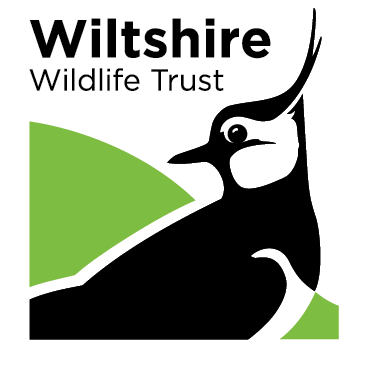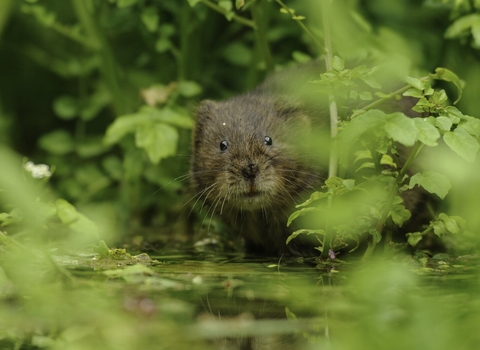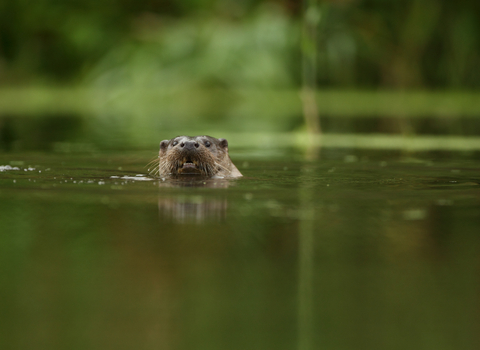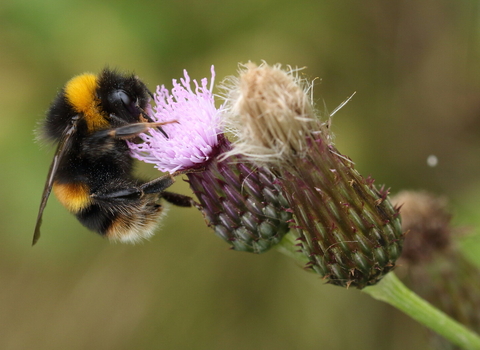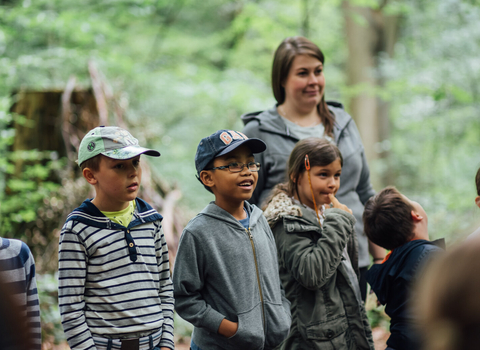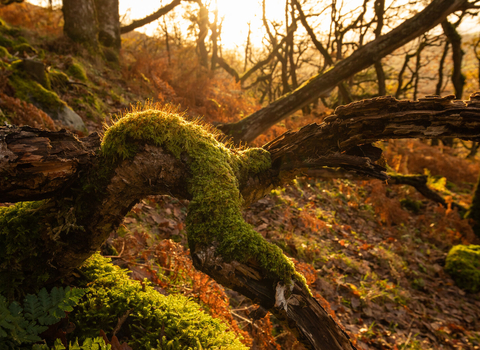Today, leading wildlife organisations, including Wiltshire Wildlife Trust, published a landmark State of Nature 2023 report. It shows that nature is continuing to decline at an alarming rate across the UK, which is already one of the most nature-depleted countries in the world.
The State of Nature 2023 report shows:
- One in six species is now at risk of being lost from Great Britain
- The wildlife studied has, on average, declined by 19% since monitoring began in 1970
- Most important habitats are in poor condition, though restoration projects have clear benefits for nature, people and adapting to climate change
Wiltshire and Swindon Biological Records Centre (WSBRC), which is hosted by Wiltshire Wildlife Trust, recently identified 133 species as ‘critically important’ in Wiltshire through their Critical Species Project, a pilot funded by Natural England through the Species Recovery Programme. These ranged from still common, but much declined species, such as hedgehogs and toads, to much scarcer species such as curlew and the Duke of Burgundy butterfly.
